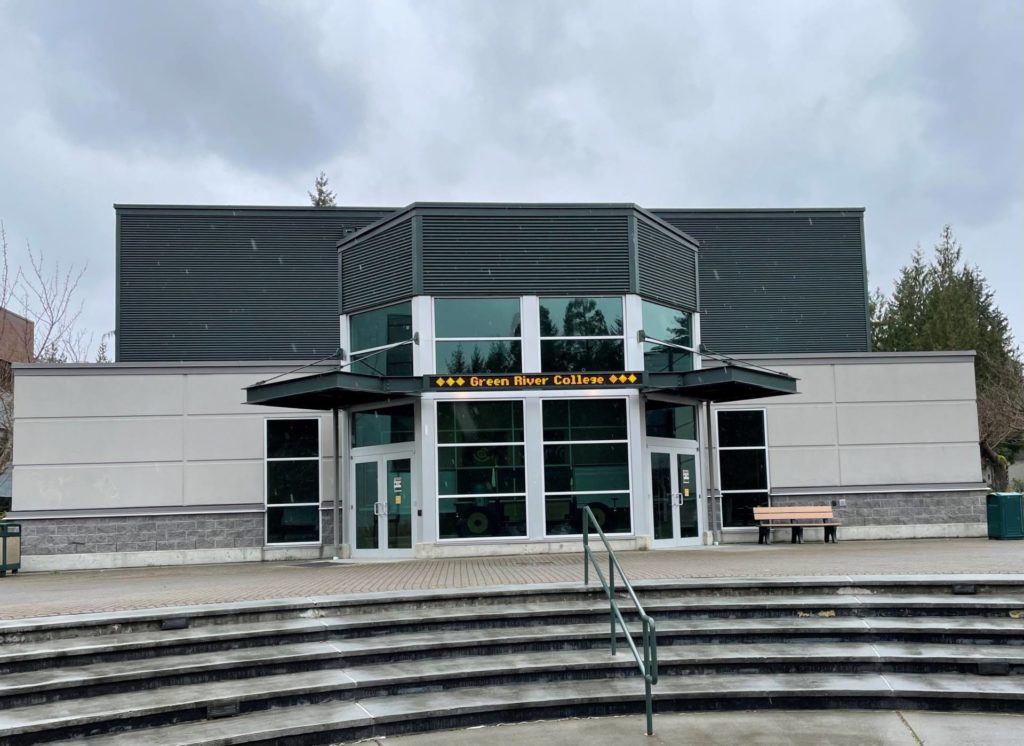Transforming Student Success: Postsecondary Basic Needs Act Passage
This blog post was written by Riham Hashi, United Way of King County senior manager, postsecondary policy & evaluation
Education is a powerful tool that can uplift individuals and communities and serve as a pathway out of poverty. However, many students in Washington state face significant challenges completing their education due to basic needs insecurity. Recognizing this issue, the passage of the Postsecondary Basic Needs Act, also known as House Bill 1559, is a crucial step toward addressing these barriers and supporting students in their pursuit of higher education.
Addressing Basic Needs Insecurity
A survey conducted in 2022 across 39 colleges and universities in Washington state revealed that nearly half of students (49.4%) experienced some form of basic needs insecurity, such as lack of access to food, housing or childcare. Surprisingly, less than half of these students accessed the available support resources in the last six months. Only about 49% of them utilized public resources, and around 34% accessed resources provided by their college campuses.
This means that just a small percentage of students who are facing basic needs challenges are actually accessing the assistance available to them. This issue disproportionately affects low-income students, particularly those who are Black, Indigenous, people of color, first-generation or parenting students. It’s important to address this gap and ensure that more students in need can access the necessary resources and support.
The Benefits Hub Model
To tackle these challenges, United Way King County implemented the Bridge to Finish Benefits Hub model across nine community and technical colleges and one university in King County. A Benefits Hub serves as a centralized and coordinated service that provides students with a one-stop shop on campus, helping them access public benefits, local resources, emergency grants and other basic needs supports. This evidence-based model has successfully bridged access gaps and addressed hunger and housing issues that significantly impact students’ lives.

The Impact of Benefits Hubs
An evaluation conducted by MDRC (an organization that develops education and social programs for the impoverished) and the Washington Student Achievement Council found that participants who accessed Benefits Hub services were 25% more likely than students of similar backgrounds to persist and complete their college education. This statistic underscores the critical role of addressing basic needs in building pathways to success, especially considering that more than 70% of jobs in Washington state require education beyond high school.
The Significance of House Bill 1559
House Bill 1559, also known as the Student Basic Needs Act, is a crucial legislative effort to further support students and increase college completion rates. The act mandates that each institution of higher education has at least one benefits navigator to assist students in accessing public benefits, emergency assistance programs and community resources. Additionally, institutions are required to develop hunger-free and basic needs campus strategic plans to identify barriers, review methods for identifying at-risk students, assess the advantages of benefits navigators and foster partnerships with community organizations.

The Path Forward
By passing House Bill 1559, Washington state demonstrated its commitment to addressing basic needs insecurity among students and creating an environment that supports their holistic well-being. The act also emphasizes the importance of data collection and reporting to continually assess outcomes, identify areas for improvement and share best practices.
Passing the Student Basic Needs Act is a vital step in breaking down barriers that hinder student success in Washington state. By recognizing and addressing basic needs insecurity, the act paves the way for increased college completion rates, equity and opportunities for students, particularly those from marginalized backgrounds. It is through such legislation and concerted community efforts that we can create an educational system that truly supports the diverse needs of all students, ensuring they have the resources necessary to thrive academically and in life.





Comments